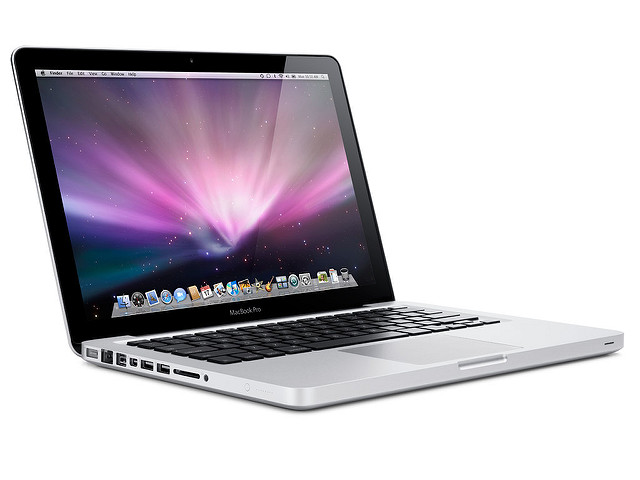Long gone are the days when students used traditional notebooks, pens and pencils to make notes in class. What most of them do nowadays is open their laptops, type notes or simply download any study material available to them.
That’s why it’s important to invest in a good laptop for this purpose and here are some of the tips you might want to consider when buying a laptop for your studies or for another student.
Portability is Crucial
You want to buy a lightweight, small-screen laptop that can easily fit into your bag. We recommend an 11- to 14-inch screen, not heavier than 4 pounds. Of course, depending on your field of study, you might need to invest a bit more into a more powerful machine. Those studying art or engineering might opt for a larger screen, while those who focus on typing can meet their need by using a small one.

Material and Design
Since you need to carry your laptop around quite a lot, you should probably invest in a sturdier one, made from aluminium, carbon fibre or some alloy. Also, you might choose a keyboard that is spill-resistant, since you’re bound to have many cups of coffee or some other beverage while studying.
Avoid Short-term Investment
You want a laptop that can last till you graduate, so you need to pay special attention to the specs. In terms of the display, if you’re not going for the cheapest option out there, you need to buy a laptop with at least 1920 x 1080 (1080p) resolution.
If you’re studying visual arts, you should invest a bit more and go for resolutions of 2560 x 1440 (QHD) or 3840 x 2160 (UHD). They should be enough for you to work with high-resolution material, but you need to be aware that such specs cut the battery life by as much as 25 percent.
Processor, RAM and Storage
The most reliable processors out there are Intel’s Core i5 or i7 CPU, but if you’re not a demanding user, i3 might be good enough. One of the popular choices is Apple MacBook Pro MD 101 available at My Sky. Celeron and Pentium processors are slowly becoming obsolete, which means you could realise very soon that your computer is not performing as well as expected.
When it comes to RAM, don’t even consider anything less than 4GB, though double that much should be your aim if you want all the apps to run smoothly, without lagging. On the other hand, in terms of storage, you should go for a solid-state drive (SSD), because the response time will be much quicker and you’ll be able to switch tasks very quickly. Even if you find the amount of storage space to be insufficient, you can always use an external drive or a cloud service.
Operating System
This is quite a limited choice, or perhaps you don’t even have one if your university has some very specific software requirements. In case you can use whichever OS you want, you need to know that Windows 10 is currently the most popular option, supporting millions of applications. It can work in both tablet or desktop mode and computers running on this platform usually have enough USB ports for whatever purpose you may need them. Finally, there’s Cortana, a digital assistant that provides help if and when you need it.
On the other hand, OS X, i.e. macOS as it will be known from now on, is extremely user-friendly and works seamlessly and flawlessly with your iPhone or iPad. Siri, Apple’s digital assistant, is now also available on desktops. Apple’s operating systems have been known for their reliability, providing ideal ecosystem for the apps downloaded from the App Store.
If you’re really on a shoestring budget, there are Chromebooks, which don’t offer a lot of options, but are much cheaper than any alternative. Those who like doing everything online might take the full advantage of this budget-friendly options.
Battery Life
It doesn’t take a genius to recognise that the better battery life is, the more independent you are. Usually, ultraportable laptops can run for just under eight hours, so you should try to find one that can offer even more than that. Some 2-in-1 models (a laptop with a detachable screen) might be the answer, since most of them offer excellent battery life.
Naturally, your choice depends on many factors, primarily your budget. Still, the number of options available makes it possible to find the best possible solution for your needs and for the money you can afford to spend.
